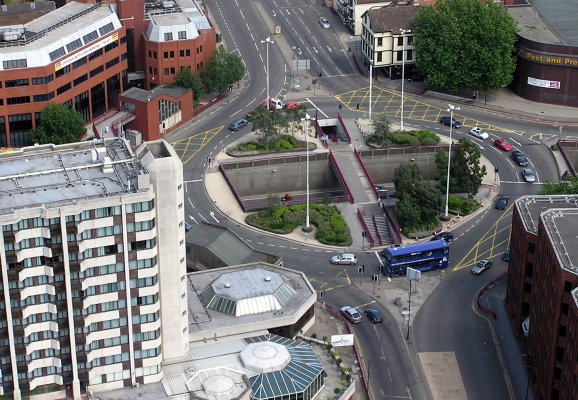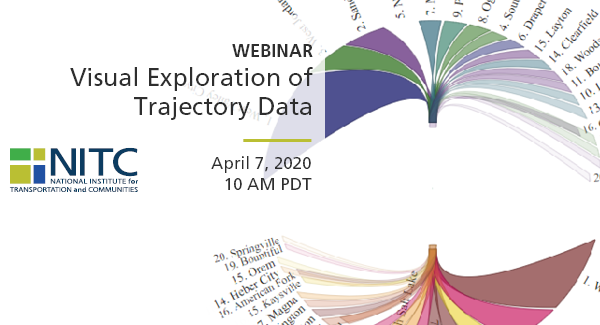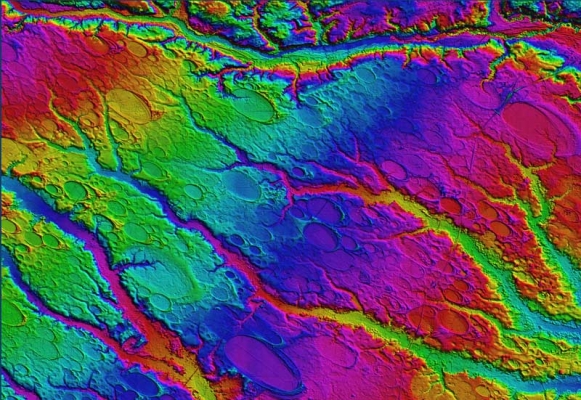Watch video
View slides
Where: Room 204 of the Distance Learning Center Wing of the Urban Center at PSU
The ability to forecast future transportation patterns under a particular land-use scenario or urban form is key to making informed decisions at the local and regional levels.
Although several researchers have explored the links between the built environment, socio-demographics and travel behavior, a consensus is not reached.
This talk highlights two recent projects. The first project focuses on individuals’ attitudes towards transportation, neighborhood characteristics and their effects on campus commuters’ transit use, and addresses the question whether attitudes, the built environment or a combination of both explains the resulting transit use better.
The second part presents the Regional Land Use Allocation Decision Analysis Tool developed for The Ohio Department of Transportation, which enables decision makers to quantify the impacts of population and employment distribution in terms of the resulting VMT (Vehicle Miles Traveled). This tool forecasts the impacts of future land-use policies in Ohio, based on alternative assumptions of highway and mass transit corridor development, zoning and environmental constraints, regional growth or decline...
Read more




